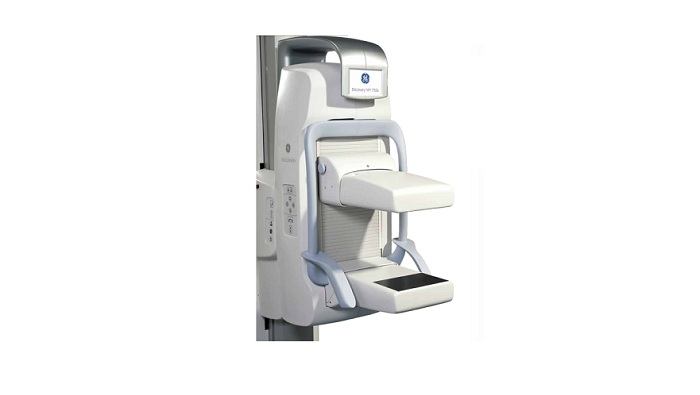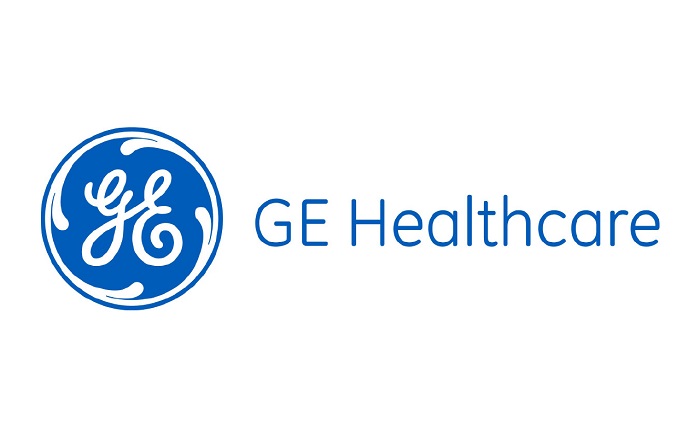Efficiency of hospital equipments will get improved if adoption of early diagnostic system gets approval. Not only it will benefit in minimising the expense but will also prescribe more personalised and effective therapies.
A report by the public accounts committee into NHS procurement of expensive high tech equipment attracted a lot of media interest in the UK.
There are two key points made in the report. The first is that NHS Trusts are not collaborating to take advantage of economies of scale when purchasing this equipment. The second is that there are big variations in how efficiently the equipment is utilised.
GE Healthcare works closely with both NHS Trusts and The NHS Supply Chain to achieve bulk purchasing at competitive pricing.
Bettina Fitt, GE Healthcare’s General Manager UK says “We would suggest that there needs to be more emphasis on the procurement of appropriate technology based on the hospitals needs and patient volumes. GE Healthcare has a number of technologies that may support in this area, such as, for example, an extremity MRI scanner.”
Based on the report, it appears as if not all Trusts are utilising their equipment as efficiently as possible and that this causes delays to patient treatment. However, various GE Healthcare technologies and services can help hospitals maximise asset use to improve access and quality of patient care, while helping to reduce costs. Bettina continues: “GE Healthcare works carefully with all its customers to help get the most out of their investment in diagnostic imaging equipment in so far as their staffing levels allow. Smart use of PACS, remote reading and telehealth would support the report’s highlighted need for improved efficiency.
“Ultimately we support early diagnosis. Instead of medical devices not being fully utilised, if they were being used to capacity, more patients could be diagnosed earlier. This would lead to better patient outcomes through prevention or more effective, tailored and personalized therapy. Early diagnosis also benefits the health service financially by minimising the expensive, aggressive, late and often ineffective therapies prescribed to patients as a result of later diagnosis.
“We believe that a whole system approach to early diagnosis and intervention would increase utilisation of high value equipment.
“As NHS reforms take place, and the financial pressures continue to bite, there is an urgent need to ensure that the health service clearly grasps and acts upon the barriers to patients getting fast, early diagnostic treatment and the advantages that early diagnosis entails both for patients and the economics of the healthcare system as a whole.”




















